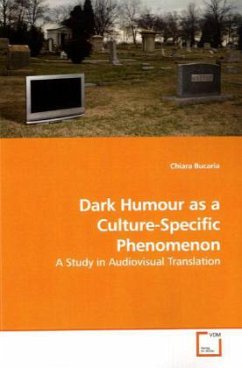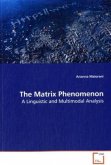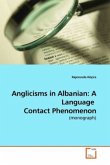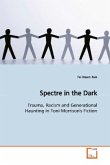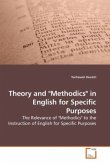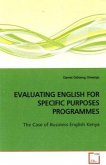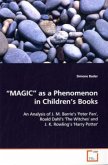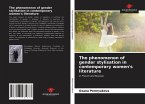An increased tolerance for humour addressing sensitive issues (e.g. death, disease and disability) seems to be observed in Anglo-American culture with respect to Italian culture. This begs the question of how this traditionally unsettling, and perhaps more sophisticated, kind of humour travels to a country like Italy, in which contemporary, mainstream comedy privileges feel- good/family-oriented entertainment or, alternatively, the erotic comedy genre, and in which the very mention of death might still trigger superstitious reactions. The present study takes into consideration the processes involved in dubbing dark humour from English into Italian as observed in the English and Italian-language versions of ten British and American dark comedies from the 1940s to the 2000s. The analysis was also concerned with the translation strategies adopted and with possible effects of alteration of the dark humour content as a result of translation. Given its linguistic and cultural take on the subject, the study will be of particular interest to audiovisual translation students and scholars as well as researchers in cultural and humour studies.
Bitte wählen Sie Ihr Anliegen aus.
Rechnungen
Retourenschein anfordern
Bestellstatus
Storno

